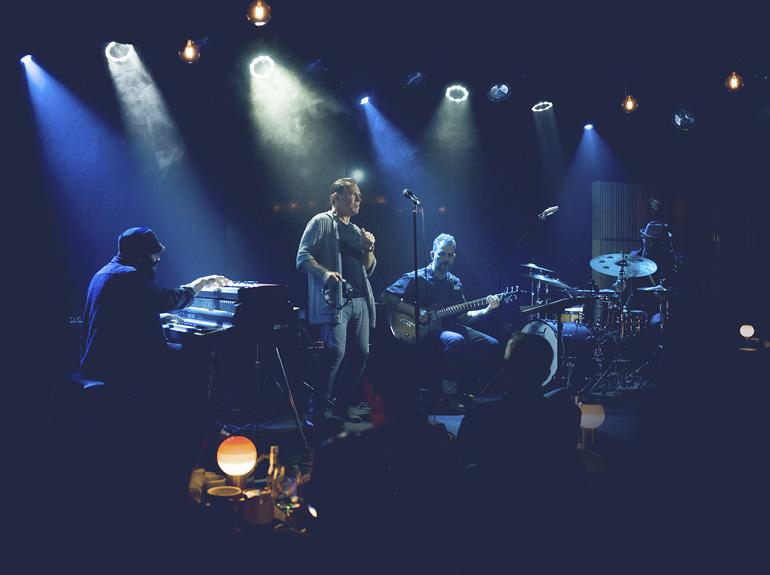by Jarrett Hoffman
IN THIS EDITION:

•Announcements: a job listing at Oberlin (Assistant Professor in TIMARA) and a Double Reed Day at BW
•Interesting reads: Lyric Opera of Chicago’s SoundShirt, a wearable technology for deaf or hearing-impaired audience members
•Almanac: Engelbert Humperdinck’s Hänsel und Gretel
HAPPENING TODAY:
At 7:00 in Gamble Auditorium, Baldwin Wallace Artist-in-Residence Aldo López-Gavilán sits down at the piano in a free program of his own compositions.
At 7:30 at Gartner Auditorium, the CMA Performing Arts Series presents “SuperBlue,” featuring jazz vocalist Kurt Elling and guitarist Charlie Hunter, joined by drummer Corey Fonville and bassist-keyboardist DJ Harrison for a “kaleidoscopic collection of new songs, surprising covers, and dynamic reinventions.” Tickets are available online.
Also at 7:30, Timothy Weiss leads the Oberlin Contemporary Music Ensemble in Aaron Copland’s Appalachian Spring and Augusta Read Thomas’s The Auditions at Warner Concert Hall. It’s free.
ANNOUNCEMENTS:
Oberlin Conservatory invites applications for a full-time, tenure-track position as Assistant Professor in Technology in Music and Related Arts (TIMARA), to begin July 1. Application review begins November 15. More info here.
And Baldwin Wallace Conservatory has announced its first Double Reed Day, scheduled for November 12 beginning at 9:30 am at Boesel Musical Arts Center, and featuring guest artists Pedro Díaz (English horn at the Met Opera Orchestra) and George Sakakeeny (bassoon professor at Eastman School of Music). BW Conservatory faculty members Johanna Cox Pennington and Thomas English will join Díaz and Sakakeeny for a day of master classes that will culminate in a 3:30 pm Grand Finale concert to include all guest artists, faculty, and double reed participants. Registration is required. Find out more here.
INTERESTING READ:
On October 1, Lyric Opera of Chicago will debut SoundShirt, a wearable technology aimed at deaf or hearing-impaired audience members. As Stefano Esposito writes in Chicago Sun-Times, “Seven special mics are positioned above different sections of the orchestra,” and those microphones activate different areas of the shirt, which has been embedded with sixteen tiny motors “like those that make cellphones vibrate.”
“We can’t possibly recreate music for somebody who can’t hear music, but what we can do is create an analog experience that is just meant to be its own thing that enhances the rest of the experience,” said Brad Dunn, Lyric’s senior director of digital initiatives. Read the article here.
TODAY’S ALMANAC:
Today we zero in on Hänsel und Gretel, the most famous opera by German composer Engelbert Humperdinck, who died on this date in 1921. The work has a humble backstory: it originated as four songs accompanying a puppet show put on by the composer’s nieces (cute!), then expanded to a Singspiel with sixteen songs, and later to an opera. Stylistically, it’s notable for synthesizing two distinct sides of German music: one part Wagnerian influence, one part German folk songs.
YouTube contains several performances of the entire work, and many also of the famous and beautiful Abendsegen (“Evening Benediction”). Here’s a particularly lovely rendition of that excerpt, sung by Anna Lucia Richter and Fiona Lang, accompanied by a string quartet from the Gürzenich Orchestra Cologne in an arrangement by Martin Richter.
Many performances of Hansel and Gretel have taken place locally over the past decade — wide-ranging both in spirit (from quite light to quite dark) and in presentation (both in-person and online). Head to our homepage and type the opera’s title into the search bar to peruse our archives at your leisure.



